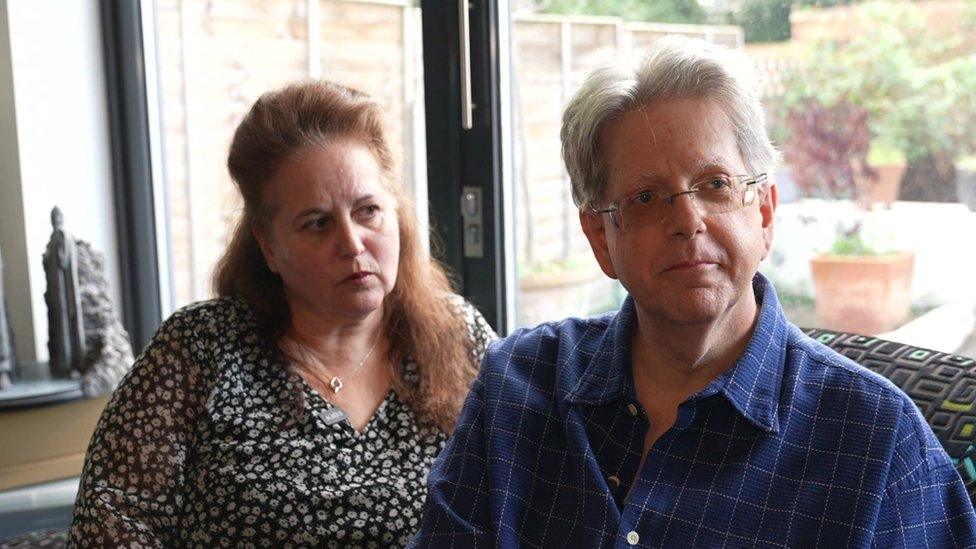Cambridge man with sarcoidosis to trial new medicine
- Published
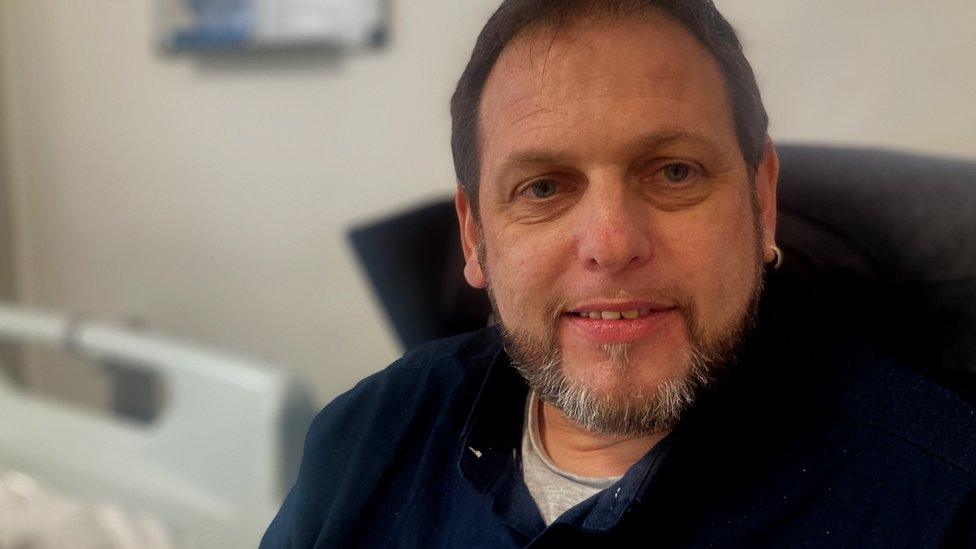
Simon Osborne had to stop working after sarcoidosis badly affected his lung capacity
A former plasterer with a rare lung condition will trial a new kind of medicine that could help treat it.
Simon Osborne, 48, from Cambridge, has lived with sarcoidosis for 20 years, which causes swollen organ tissue.
He will take part in research at the city's Royal Papworth Hospital to see if a protein can reduce the side effects of steroid treatment.
Mr Osborne said he was "happy to help" look for a way to improve the quality of life for people like him.
"I loved playing sport and working but it got too much, I miss doing it but I can't do it, it is not nice," he said.
"Now I get out of breath doing housework, I get very tired very quickly."
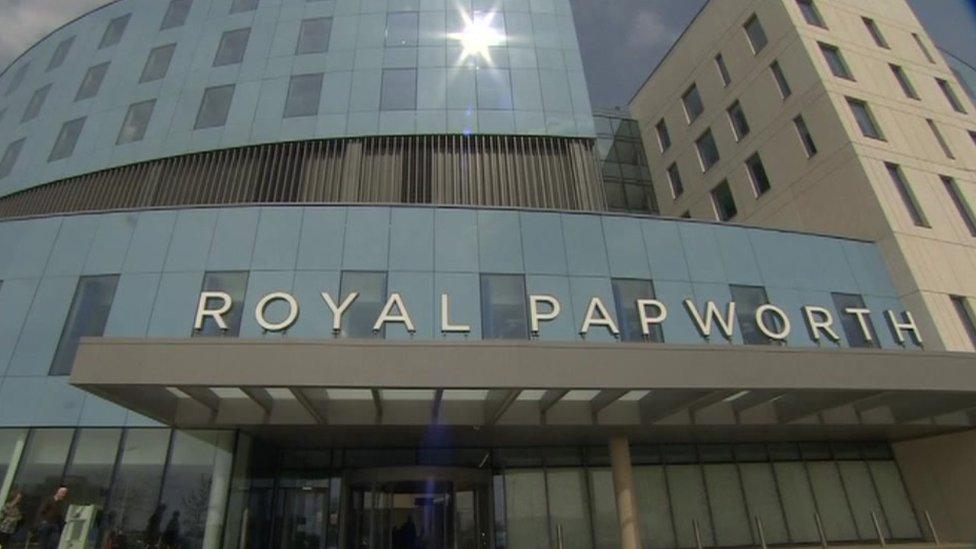
A research trial will take place the Royal Papworth Hospital in Cambridge to find a new drug for sarcoidosis
He collapsed in 2004 and was diagnosed a month later with pulmonary sarcoidosis.
The condition dramatically reduces his lung capacity and, in 2011, he was forced to give up work.
He has been taking a steroid treatment for 20 years, which has caused him to gain weight and made his bones "feel weak".
Sarcoidosis affects about 7,000 people in the UK and causes long-term ill health.
'Tricky to treat'
Consultant physician, Dr Muhunthan Thillai, said: "Even after 150 years, we still don't know what causes sarcoidosis, it is an immune disease where the body fights itself."
About 200 patients will be involved in the new clinical trial of the protein efzofitimod in Europe, North America and Asia.
Dr Thillai said the disease was "very tricky to treat" and that while steroids can be effective, they can create other problems.
"The idea of trials such as this is to find alternative drugs to get people like Simon off the steroids," he said.

Follow East of England news on Facebook, external, Instagram, external and X, external. Got a story? Email eastofenglandnews@bbc.co.uk, external or WhatsApp 0800 169 1830
- Published26 January 2023
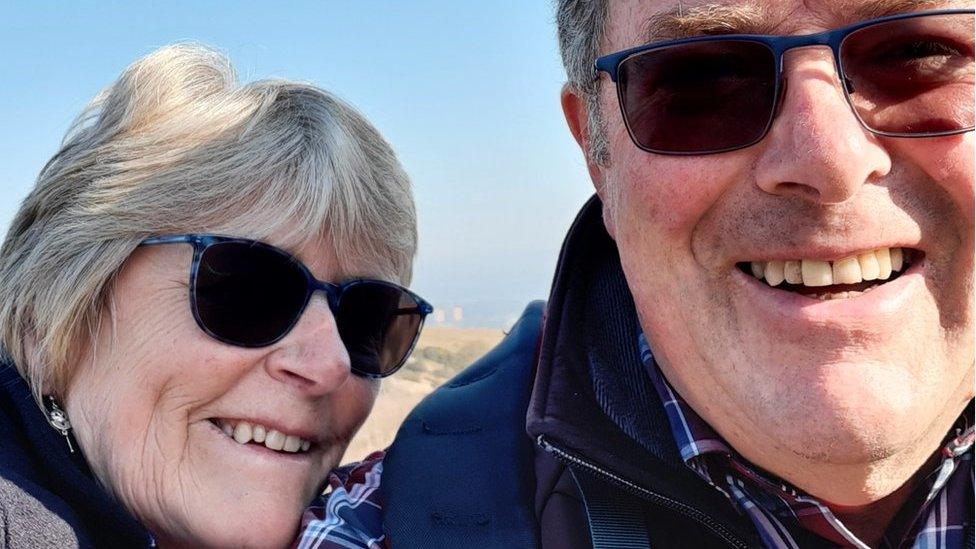
- Published19 June 2023
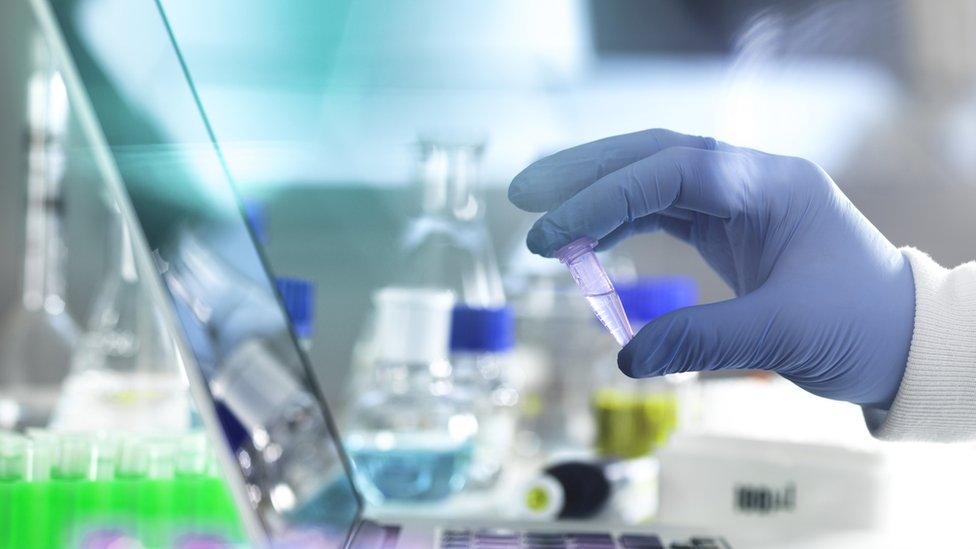
- Published31 October 2023
